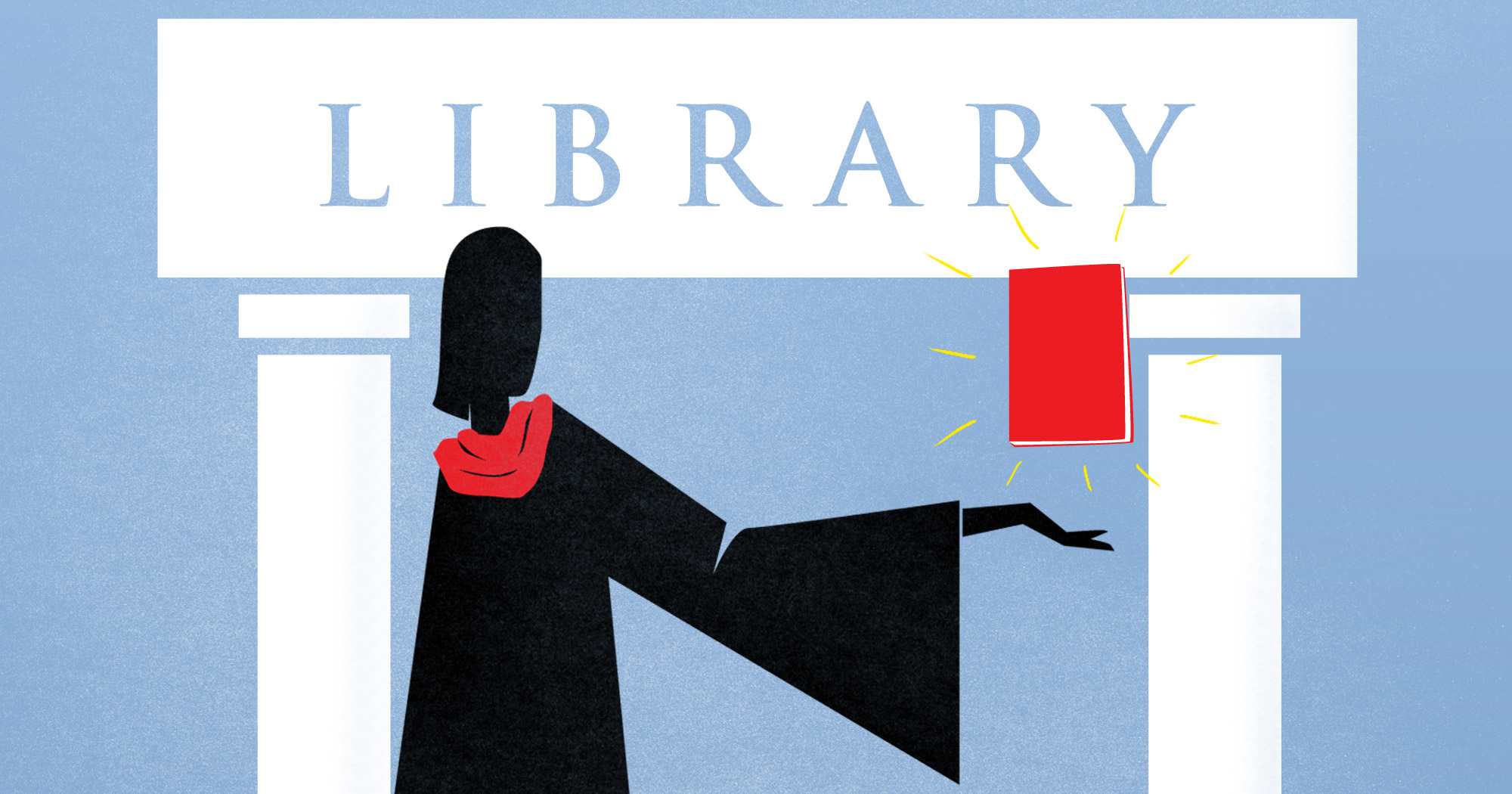Libraries are Leading the Charge in Open-Access Publishing Revolution

At long last, a large institution has thrown its weight behind open access. A large group of institutions, actually. The Oberlin Group, which is made up of a bunch of libraries from institutes of higher education across the United States, is taking responsibility for getting scholars published in open access, at no cost to either the end reader or the author of the work. The project is called Lever Press, and it may just be revolutionary.
Those who follow academia may recognize institutional acceptance of default open access as something of an ideological shift in academic publishing. Normally, scholarly work undergoes a routine song and dance in order to make it to e-readers and bookshelves.
-
A professor writes a manuscript.
-
The professor approaches a specialty academic publisher to make the manuscript into a book.
-
The publisher delivers to the professor an ultimatum: personally pay for the book to be freely accessible to the world over the Internet, i.e., open access; or allow the publisher to charge whatever they feel is fair. (Hint: the publisher doesn’t expect to sell too many copies of this book because the appeal of scholarly work is narrow, so the concept of “fair” is malleable in this context.)
There are always ways to free your work for less money, of course. You could start a Wordpress blog and post the whole thing there, or publish with a print-on-demand independent press, or even self-publish on Amazon. Like the rest of the publishing industry fringe, this is a wild and woolly world where things like review standards aren’t always up to academic snuff. Getting people to actually read your stunning work of self-published genius can be something of an uphill battle because you don’t have a big, well-respected name behind your book to certify that yes, this thinker is thinking worthwhile thoughts. Free open access has potential, of course—scads of it—but until a large institution throws its weight behind the concept, it’s likely to remain a fun social theory set in a hypothetical world where things don’t cost money.
Speaking of which …
The Future of Libraries
Lever Press, among academia’s first open-access-by-default publisher, operates on the principle that the Oberlin Group, that bunch of member libraries, pays for the publication of each book. The books are digital from birth, and neither authors nor users pay a red penny for that. The entire burden of review, publication, distribution, and storage falls to the libraries, who divvy up the cost. The system benefits from the flatness of digital publishing costs and the new willingness on the parts of students and scholars to publish and read online.
Bryn Geffert, director of the Amherst College libraries, believes that the future of libraries is in publishing and the future of academic publishing is in libraries. “The fundamentals of the mission of academic and public libraries are similar: Making good material available to the widest number of people.” This is good, wholesome stuff, and something that the rest of the education world could probably get behind. But though this philosophy seems like a shoo-in for any organization dedicated to the dispersal of knowledge, there are reasons that every library and academic press in the world isn’t dashing out hand in hand to start open access presses.
Some publishers are wary of new digital models, and deeply suspicious of anything that suggests that they give an already-barely-profitable book away for free. How do you make money like that? A librarian might suggest that making money shouldn’t be the point of education, but many librarians are themselves uncomfortable with change. Historically, Geffert says, academic libraries have thought of themselves as acquisitors, not producers. Catalogers, not publishers.
There are libraries that have operated traditional publishers before—the presses at the University of Michigan, Purdue University, and the University of Utah operate through or in tandem with their institutions’ libraries—but nobody’s ever gotten revolutionary with it. For one thing, the sheer number of libraries in the Oberlin Group means that each one doesn’t need to contribute much change to make Lever a reality. That alone is pretty remarkable: getting any number of libraries and librarians to move in the same direction at once is a lot like herding very intelligent, highly independent-minded cats who all consider themselves generals in the war against ignorance. In other words, you know this is big when even librarians can agree on it.
Libraries First to the Punch
But Lever is also a risk. It’s a change in library mission, and multiple libraries have decided that it’s in the best interests of themselves and their patrons. Within the Oberlin Group itself, there has been a lot of hemming and hawing over the Lever pledge. “Officials really had to think it through,” Geffert says. Meanwhile, outside of the intrepid list of backers, debate among libraries is “raging.” Could this be, as Geffert says, the future of libraries? As library users wonder where the old book building is shuffling next, this concept could be a major boost for libraries in both the user services and PR departments. Facilitating open access has not been done before, and this time, libraries are the first to the punch.
Or perhaps the existence of Lever is an indication of the deep social justice roots of all libraries, public and academic alike. Yes, liberal arts institutions should be taken seriously. Yes, information should be free. Yes, libraries can make that change. Geffert wants Lever to publish work that bridges disciplines, that challenges definitions of what a book is and make a positive impact or the people who produced it. His ideal book is one that incorporates multimedia and connectivity and lives on the Internet. He wants to see a musicology text that makes it back to the culture it studies. Right now, if he had to describe what Lever’s producing, he’d call it “scholarly,” but the conversation about “advanced undergraduate” and even more accessible texts continues. We’ll have to see.
Meanwhile, the entire academic world takes note of this experiment and prepares to watch the next five years closely. As word trickles out that the University of Michigan and Amherst are challenging the publishing status quo, a few public librarians also quietly produce writing utensils and start taking notes. If there is to be a revolution, then Lever Press may only be the first turn of the wheel.

Anna Call is a freelance writer who blogs about science for Foreword Reviews. You can follow her on Twitter @evil_librarian.
Anna Call
